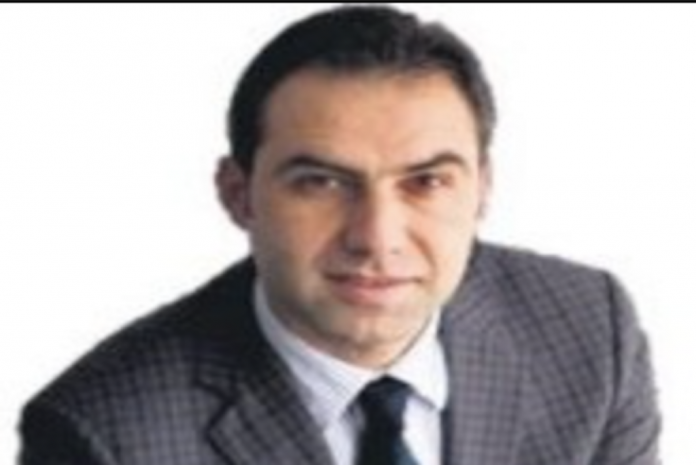A case was opened on Tuesday against Turkish journalist Abdullah Alparslan Akkuş, who used to be Ankara bureau chief for the now-closed Bugün daily, over his alleged links to the Gülen movement.
According to a report by Turkey’s state-run Anadolu news agency, the İstanbul Chief Public Prosecutor’s Office drafted a 12-page indictment and demanded a prison sentence of between 7,5 and 15 years in prison for “membership in an armed terror organization.” The prosecutor’s office has presented alleged use of the ByLock mobile phone messaging app as the only evidence against Akkuş.
In his testimony, Akkuş said his phone was a gift from Bugün’s then-Editor-in-Chief Erhan Başyurt, who also downloaded the application.
Turkish authorities believe ByLock is a communication tool among alleged followers of the Gülen movement. Tens of thousands of people, including civil servants, police officers, soldiers, businessmen, and even housewives have either been dismissed or arrested for allegedly using ByLock since a controversial coup attempt on July 15, 2016.
However, the UN Human Rights Council’s Working Group on Arbitrary Detention (UN/WGAD) stated in a recently released assessment that detention, arrest, and conviction in Turkey based on the alleged use of ByLock is a violation of Articles 19, 21 and 22 of the International Covenant on Civil and Political Rights (ICCPR).
UN/WGAD examined an application submitted by the lawyers for Mestan Yayman (51) and released its opinion on the case. Yayman, who used to be vice governor of Antalya province, was suspended on August 29, 2016, and was subsequently dismissed from his job under Statutory Decree No. 672, issued on September 1, 2016, under which about 50,000 people were dismissed.
The dismissal of military judge Col. Mehmet Oğuz Akkuş, Akkuş’s elder brother, by a Turkish government decree under a state of emergency from his job in the Turkish military in the aftermath of a controversial coup attempt on July 15, 2016, was also mentioned by the prosecutors in the indictment. Turkish courts regard having a family member affiliated with the Gülen movement as “evidence” of being a follower of the movement.
It was reported that the indictment against journalist Akkus was accepted by a Turkish court.
Akkuş had been Ankara bureau chief of the Bugün daily for only five months. The critical newspaper was seized by the Turkish government led by President Recep Tayyip Erdoğan on Oct. 28, 2015, and closed by a government decree just after the coup attempt in July 2016.
Turkey is ranked 157th among 180 countries in the 2018 World Press Freedom Index released by Reporters Without Borders (RSF). If Turkey falls two more places, it will make it to the list of countries on the blacklist, which have the poorest record in press freedom.
Turkey is the biggest jailer of journalists in the world. The most recent figures documented by SCF show that 237 journalists and media workers were in jail as of October 17, 2018, most in pretrial detention. Of those in prison 169 were under arrest pending trial while only 68 journalists have been convicted and are serving their time. Detention warrants are outstanding for 148 journalists who are living in exile or remain at large in Turkey.
Detaining tens of thousands of people over alleged links to the Gülen movement, the government also closed down some 200 media outlets, including Kurdish news agencies and newspapers, after a coup attempt in Turkey on July 15, 2016.















